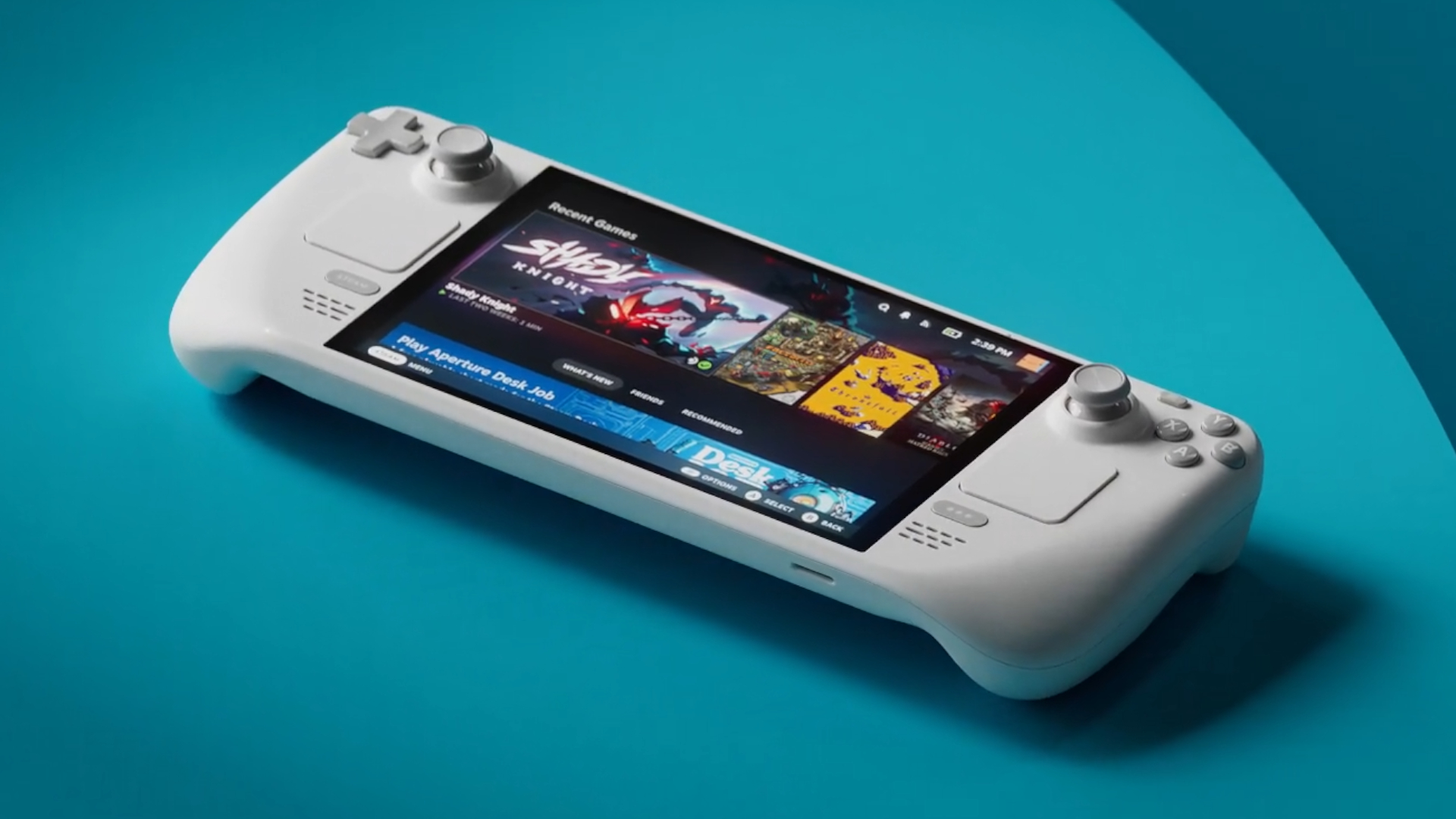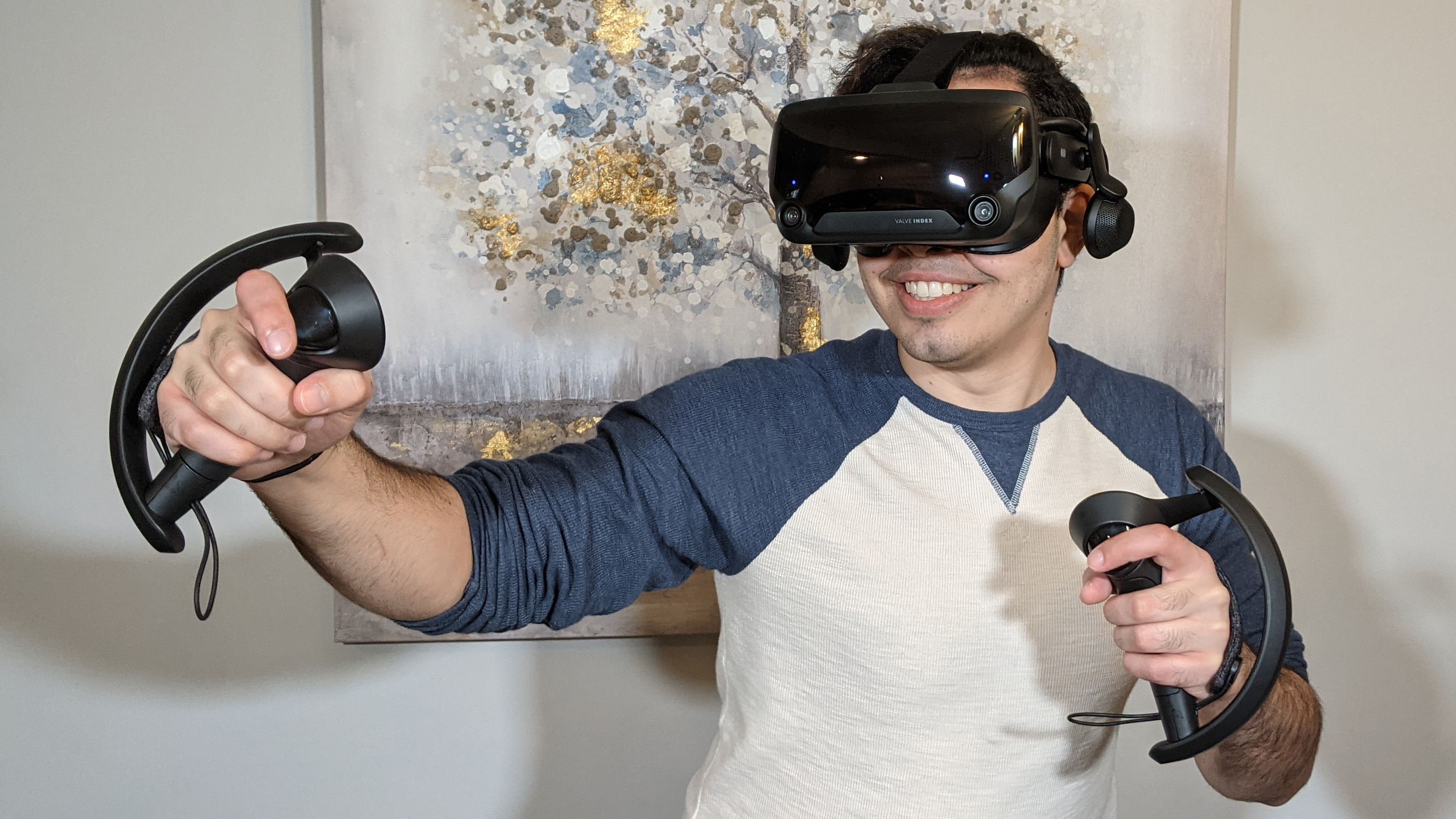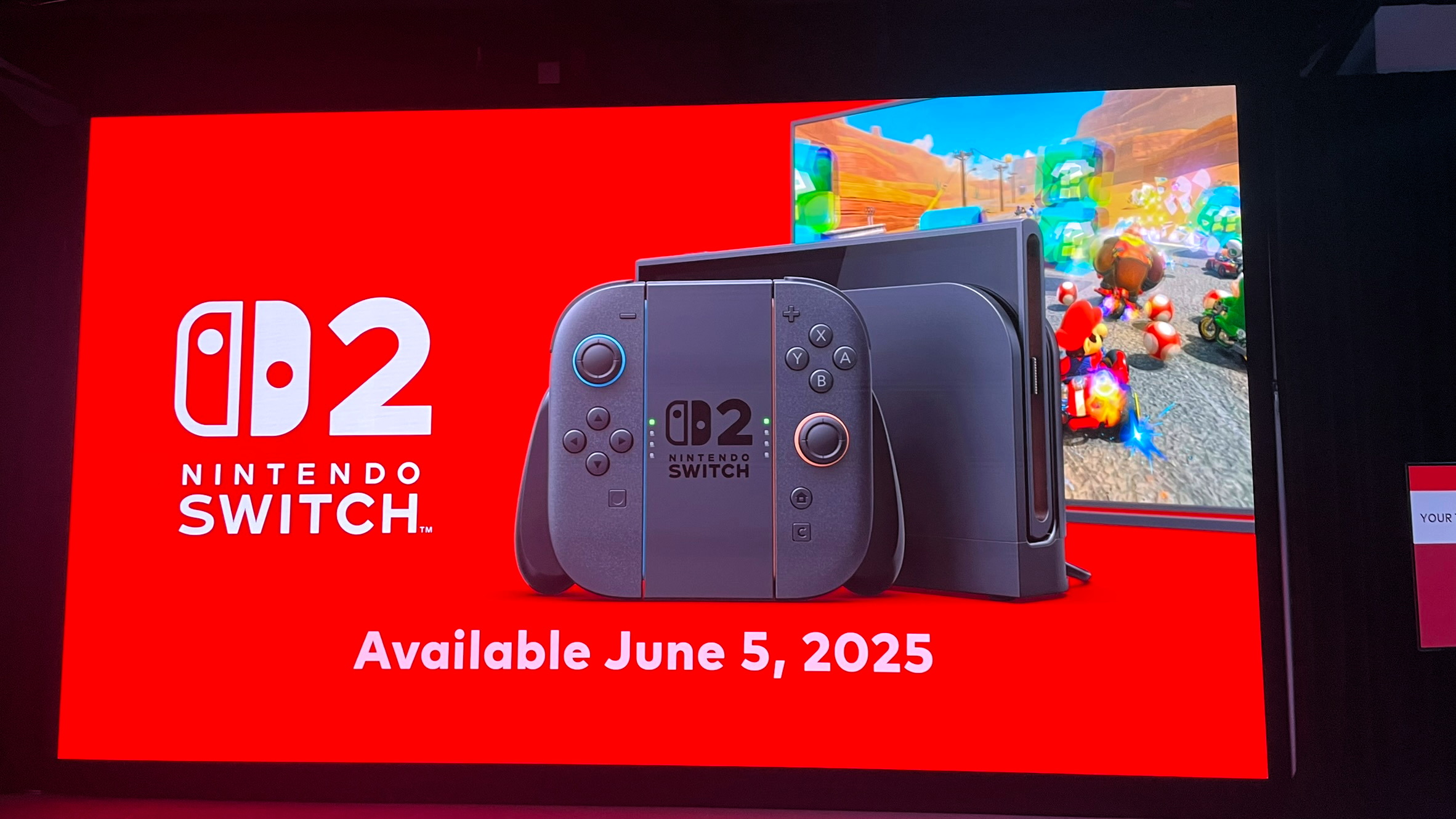Valve's SteamOS could be 2025's biggest winner, powering new VR and handheld gaming hardware
This year could see Valve's Linux-based OS come into its own and feature on a range of first and third-party hardware

When it comes to computers, the name "Valve" should almost certainly have you picturing the Steam digital storefront—which starts 2025 with a peak concurrent player count of 38.8 million, up some five million from roughly the same time last year.
However, Valve is responsible for so much more, and I'm not only referring to the incredibly popular gaming franchises the company is responsible for, including Half-Life, Team Fortress, Counter-Strike, Portal, DotA, and Left 4 Dead.
The Bellevue, Washington-based Valve is also responsible for several pieces of impressive (and sometimes overlooked) hardware, like the Nvidia Shield-like Steam Link, the console-esque Steam Machine, the Valve Index VR headset, and the device that launched handheld gaming PCs into the mainstream, the Steam Deck.
It's the software that has powered this selection of hardware that I expect to come into full force this year, with leaks pointing to the Linux-based SteamOS powering third-party hardware for the first time—not to mention the persistent rumors of Valve's reentry into the VR headset space with "Deckard," a new headset claimed to run SteamOS for a standalone SteamVR experience.
If Valve gets things right, SteamOS could propel the Steam Deck from a singular product into a hardware category, and open similar doors for VR headset manufacturers to adopt its operating system in a similar manner.
Decked out: SteamOS to impress on third-party hardware in 2025
The success of the Steam Deck is evident in more than the "multiple millions" of units it has shipped to date. In its wake, we've seen some of the best handheld gaming devices follow in its footsteps and create a booming handheld gaming PC market.
Devices like the ROG Ally, Lenovo Legion Go, and later the MSI Claw have all offered Windows-based handheld gaming experiences in the wake of Valve's Steam Deck, with popular refreshes in both the ROG Ally X and MSI Claw 8 AI+.
Get The Snapshot, our free newsletter on the future of computing
Sign up to receive The Snapshot, a free special dispatch from Laptop Mag, in your inbox.
However, we may have some time to wait before we get an official Steam Deck refresh, with Valve hardware engineer Lawrence Yang claiming that the company won't be releasing new Steam Decks at a "yearly cadence." In fact, Valve isn't looking to release a Steam Deck until there's a "generational leap in compute" available.
That said, we appear set to receive a new Steam Deck of sorts in 2025—just not one from Valve.
As early as this year's CES 2025, starting January 7, we may be introduced to the Lenovo Legion Go S, a refresh of the original Legion Go that drops its Windows 11 backing in favor of SteamOS.
While it won't be an official Steam Deck, the rumored handheld will be a spiritual successor of sorts, offering improved hardware and graphical capabilities.
Better still, it may just be the first of many Steam Deck-like handhelds, with Valve updating its brand guidelines to include new "Powered by SteamOS" logos, suggesting that the Steam Deck could morph from product to hardware category in 2025 and beyond.

Portable PCVR? Valve's "Deckard" VR headset may use SteamOS for standalone gaming
Like it or lump it, VR is mainstream now. At least that's how I now see things as we head into 2025 expecting to see virtual and mixed reality hardware offerings from several major manufacturers like Asus, Lenovo, and Samsung's Project Moohan.
And as Meta's Horizon OS prepares to face off against Google's new Android XR platform to power this new wave of hardware, Valve may be preparing SteamOS to act as a viable alternative, debuting a standalone SteamVR experience in a new VR headset dubbed "Deckard."
Long-standing rumors surrounding Valve's Deckard headset suggest that Valve may be seeking to mobilize the PCVR experience, ditching the need to use a PC for compute and running PCVR games directly on the hardware—similar to the Meta Quest 3 and Meta Quest 3S.
If successful, not only will we potentially gain one of the best VR headsets in 2025, but Valve could once again position SteamOS as a potential candidate for third-party manufacturers to adopt, and invite a host of Deckard-like options to help further popularize VR gaming over the coming years.
More from Laptop Mag

Rael Hornby, potentially influenced by far too many LucasArts titles at an early age, once thought he’d grow up to be a mighty pirate. However, after several interventions with close friends and family members, you’re now much more likely to see his name attached to the bylines of tech articles. While not maintaining a double life as an aspiring writer by day and indie game dev by night, you’ll find him sat in a corner somewhere muttering to himself about microtransactions or hunting down promising indie games on Twitter.
